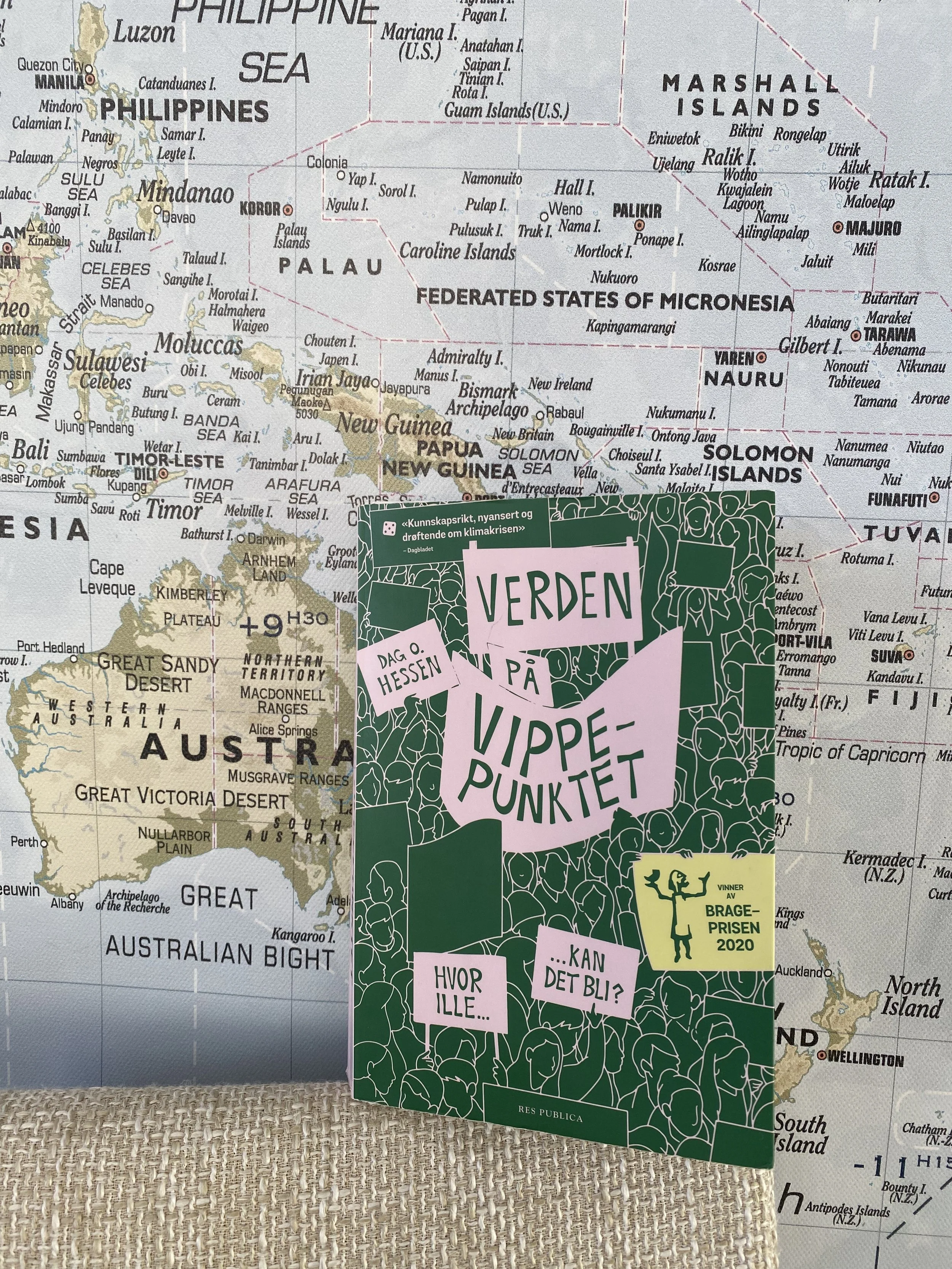Happy Sunday fellow eco concsiously minded.
Today, I want to recommend some environmental literature that is still on my to-read list, that I think is worth reading:
1st book out is "The Nature Fix" written by Florence Williams. From the recommendation at Amazon: "The Nature Fix demonstrates that our connection to nature is much more important to our cognition than we think and that even small amounts of exposure to the living world can improve our creativity and enhance our mood. In prose that is incisive, witty, and urgent, Williams shows how time in nature is not a luxury but is in fact essential to our humanity. As our modern lives shift dramatically indoors, these ideas―and the answers they yield―are more urgent than ever."
2nd book out is "Earth in Human Hands" by David Grinspoon. From Amazon: "For the first time in Earth's history, our planet is experiencing a confluence of rapidly accelerating changes prompted by one species: humans. Climate change is only the most visible of the modifications we've made--up until this point, inadvertently--to the planet. And our current behavior threatens not only our own future but that of countless other creatures. By comparing Earth's story to those of other planets, astrobiologist David Grinspoon shows what a strange and novel development it is for a species to evolve to build machines, and ultimately, global societies with world-shaping influence."
I also have two recommendations of books that I have almost finished, but not written a review of yet, which is:
"Silent Sprint revisited" by Conor Mark Jameson - (from Amazon) "American scientist and author Rachel Carson is said to have sparked the modern day environmental movement with the publication of Silent Spring in 1962. She made vivid the prospect of life without birdsong. But has her warning been heeded? Fifty years on, Conor Mark Jameson reflects on the growth of environmentalism since Silent Spring was published. His revealing and engaging tale plots milestone events in conservation, popular culture and political history in the British Isles and beyond, tracing a path through the half century since 'zero hour', 1962. Around this he weaves his own observations and touching personal experiences, seeking to answer the question: what happened to the birds, and birdsong, and why does it matter?"
And my fourth book recommendations is one of those books that even thought you've finished it, you've never really finished with it - it is "The Ecology of Wisdom" by Arne Næss. From Amazon: "These writings, full of Naess’s characteristic enthusiasm, wit, and spiritual fascination with nature, provide a look into the remarkable philosophical underpinnings of his own social and ecological activism, as well as an inspiration for all those looking to follow in his footsteps. This is an essential anthology from one of modern environmentalism’s most important and relevant voices."
I hope these books can be an inspiration for furthering your environmental journey, and if you have any books on the topic that you can recommend, feel free to write them in the comments below.








